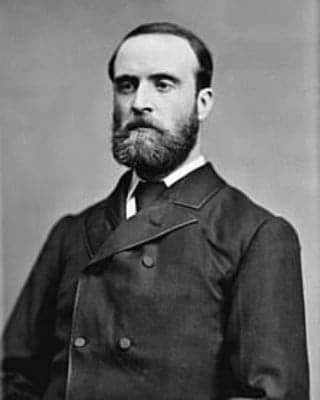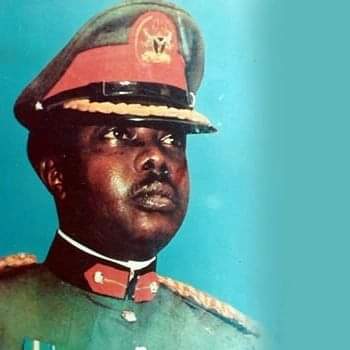The origin of the term Boycott
On this day: in history (1897), Charles Cunningham Boycott died. He was an English land agent whose ostracism by his local community in Ireland gave the English language the verb “to boycott”.

After retiring from the army, in 1873 Boycott became agent for the 3rd earl of Erne’s estates in County Mayo. The Land League, formed in Ireland in 1879 when bad harvests made a famine likely, told Boycott in 1880 that he must reduce rents by 25 percent. In September 1880, after Boycott had attempted to serve eviction notice, Charles Stewart Parnell, the president of the Land League and leader of the Irish Parliamentary Party, urged that, without resort to violence, the tenants should avoid any communication with those who refused their demand for lower rents. Parnell’s policy was first used against Boycott, who consequently was forced to employ workers guarded by soldiers, to harvest his crops.
This campaign included shops refusing to serve him, and the withdrawal of services. Boycott found himself a marked man, not fearing violence but even worse the scorn, silence, and disdain of simply everyone he encountered.Furious, he made a fatal mistake by informing the all-powerful London media of his plight. The campaign against Boycott became a huge issue in the British press after he wrote a letter to The Times.
#myhistorydiary #history #ireland #nigeria #boycott

Created by Okey Obiabunmo






